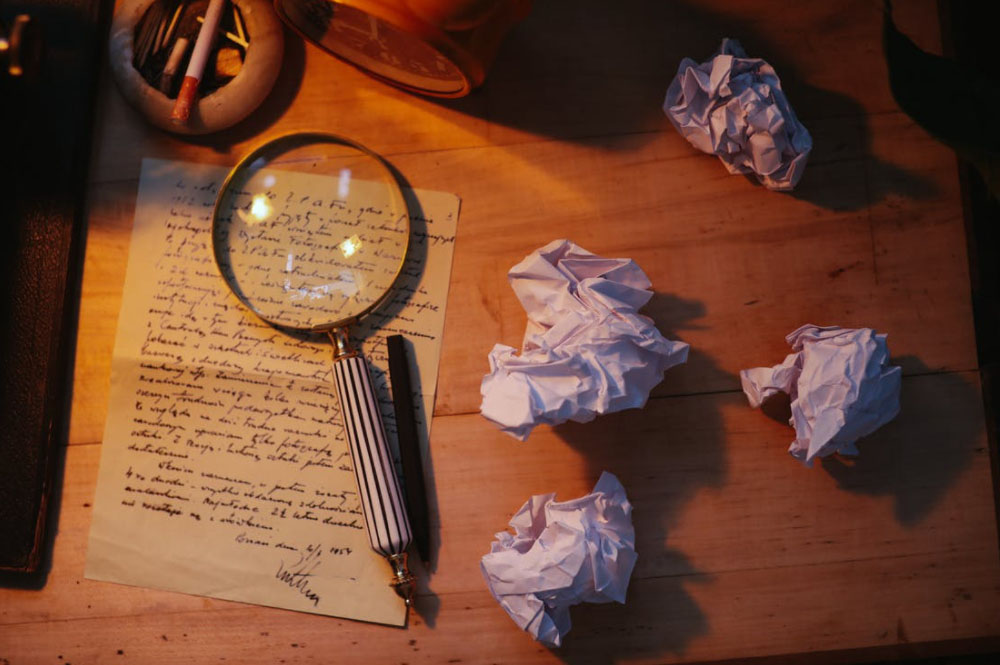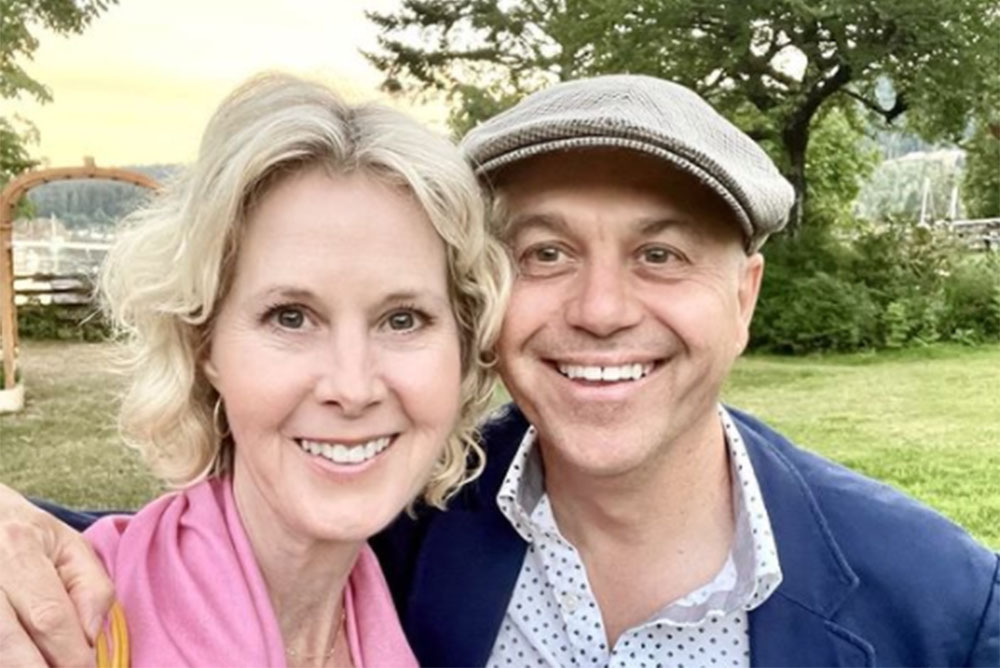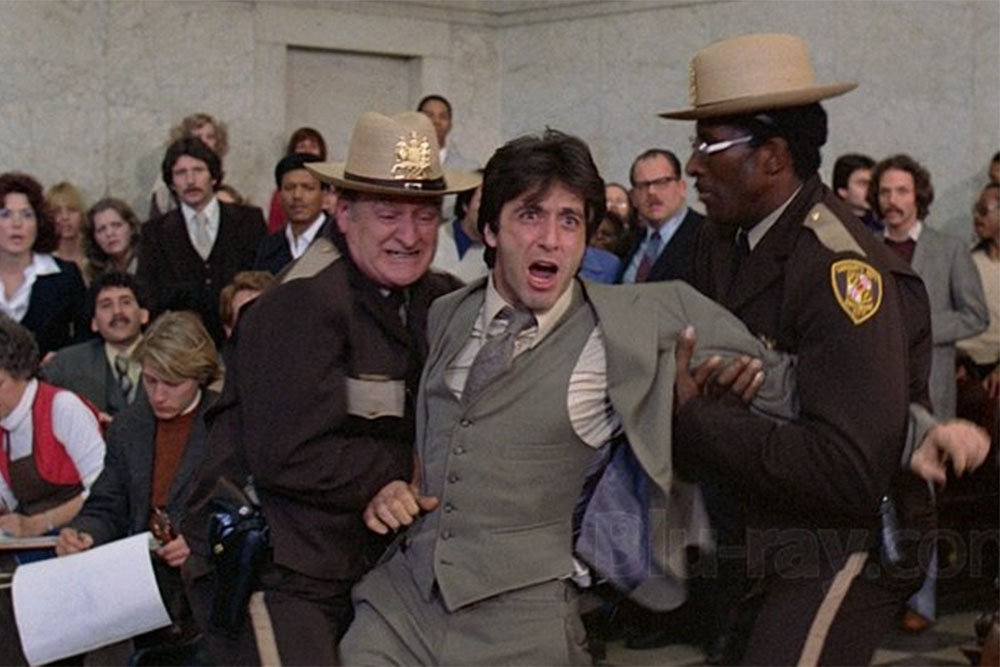
browse by topic
Humor in Writing
There is nothing less funny than writing about humor. I was a standup comic for years. Every once in a while after a show, some dude would come up to me wanting to discuss my act. I’d cringe...
Finishing Your Story: 5 Tips to Get You to the End
For all you writers struggling somewhere in the middle of your manuscript, here are five tips to get you to the end. 1) Create a deadline for yourself. Think of a practical timeframe to complete your...
The Nature of the “Want”
“To every action there is always opposed an equal reaction.” – Isaac Newton While exploring the nature of the “want” in your story, it’s important to understand that you...
Why Do We Write?
Why do we write? There is nothing logical about wanting to be a writer. The lives of artists can be awful, despairing, regret-filled exercises in futility. Writers and artists can be some of the most...
How Do You Identify the Dilemma in Your Story?
At the heart of every story lies a dilemma from which all tensions and conflicts arise. How do you identify the dilemma in your story? There are two ingredients: A powerful desire A false belief...
The Difference Between Journaling and Storytelling
The difference between journaling and storytelling is context. Journaling is simply documenting what happened. Storytelling involves illustrating the meaning of what happened. Our goal as storytellers...
What is Genius?
What is genius? I don’t like it when people use the term genius, primarily because I think they misuse the word. I believe that genius is an aspect of our nature, rather than a character trait...
Setting a Daily Word Count
Here’s some advice for first time writers on setting a daily word count. Consistency is the key. Set a writing goal. Can you write 750 to 1000 words a day? If you can do that, you will have a...
intro to the 90-day screenplay (FREE)
Join me now to begin the process of getting the story from your imagination to the page, and complete the first draft and a rewrite of your screenplay in 90 days. Zoom Meeting RecordingAccess...
The 90-Day Memoir – Intimacy Hangover
In the first day of The 90-Day Memoir workshop the writers often have some major insights and revelations. But it is the second day that things start to get interesting. Here’s an excerpt from my Day...
Begin Your Story
There are as many ways to begin your story as there are ways to procrastinate. Beginning to write your book or screenplay is easier than you think. All you have to do is sit down, get out a sheet of...
How I Got Married
This week, Mary-Beth and I celebrated our fourteenth wedding anniversary. Getting married was a terrifying leap for me; you might call it a transformative experience. And since the cornerstone of what...
Using Your Credo to Create Story Conflict
(Image from And Justice for All, 1979) You can’t have story without conflict. As writers, it is important to investigate and become conscious of what we feel strongly about. Find those issues...
Make it Dramatic
“Drama is life with the dull bits cut out.” – Alfred Hitchcock Story moves as the result of complications that arise, not out of plot, but out of character and theme. As our protagonist attempts...
Everything You Need to Know is Within
“If you have a problem with the third act, the real problem is in the first act.” – Billy Wilder The purpose of story is to reveal a transformation. This shift in perception means a...
Act One: Maintaining Tension
“A writer writes not because he is educated but because he is driven by the need to communicate. Behind the need to communicate is the need to share. Behind the need to share is the need to be...
The End of the Story Informs the Beginning
In Steven Covey’s book, The 7 Habits of Highly Effective People, he states: “Begin with the end in mind.” For first-time writers, this is helpful advice. But let’s clarify. When we talk about “the...
3 Secrets for Getting Started on Writing Your First Novel
Every writer struggles with getting the story from imagination to the page. The first-time novelist confronts the special challenge of having never done this before. Here are three quick tips to help...
Workshops

Creativity is your birthright. Your sole purpose is to build a body of work.



















